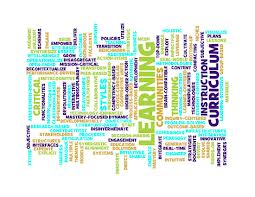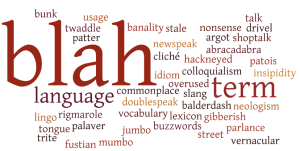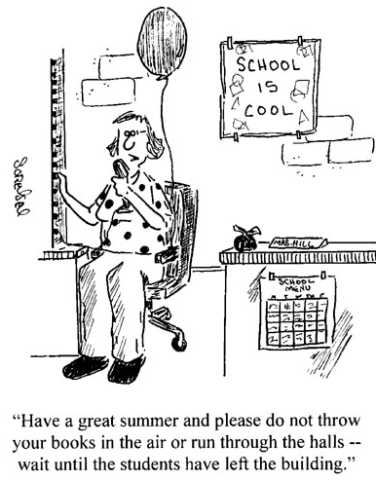Several teachers have recently resigned from teaching via social media. This method of quitting their jobs has garnered attention. Some of t hese teacher’s resignations have had half a million hits on Youtube. Other teachers have published their resignations in their local city newspapers.
hese teacher’s resignations have had half a million hits on Youtube. Other teachers have published their resignations in their local city newspapers.
Teachers usually resign quietly through the usual channels. They turn in standard forms to human resources, let the principal know, and get a small parting gift at the last faculty meeting. But these teachers chose to go public with their resignations because they needed to speak their peace in a profession that does not allow this kind of voice.
These are not the usual quitting-before-five-years in the profession. These teachers are veterans with long teaching careers. Teachers who have seen the coming and going of initiatives, the pendulum swinging back and forth. But this time, the pendulum has swung so far and does not appear to be coming back to center.
The reasons for quitting are unremarkably similar: “Rather than creating lifelong learners, our new goal is to create good test takers…our students are now relegated to experiencing a confining and demeaning education,” says Steven Round from Providence, R.I. an 11 year teacher.
Ellie Rubenstein, who changed careers to make a difference in the lives of students has quit after 15 years as she has seen “the depressing gradual downfall and misdirection in education.” The emphasis has shifted teaching from a creative endeavor fostering student growth to one of “demanding uniformity and conformity. Raising students’ test scores on standardized tests is now the only goal and in order to achieve it, the creativity, flexibility, and spontaneity that create authentic learning environments have been eliminated. Everything I loved about teaching is extinct.”
 Similar sentiments are expressed from Ron Maggiano, a 33 year teaching veteran in Virginia who says “I can no longer cooperate with a testing regime that I believe is suffocating creativity and innovation in the classroom. We are not really educating our students anymore. We are merely teaching them to pass a test. This is wrong. Period.”
Similar sentiments are expressed from Ron Maggiano, a 33 year teaching veteran in Virginia who says “I can no longer cooperate with a testing regime that I believe is suffocating creativity and innovation in the classroom. We are not really educating our students anymore. We are merely teaching them to pass a test. This is wrong. Period.”
Abby Breaux, a Louisiana teacher of 25 years says, “You have made us information pushers, test givers, and paper passer outers.”
Similar themes: teaching to the test, loss of creativity in teaching, and imposed mandates have caused teachers to leave a profession they loved because they do not feel it is best for their students. And clearly, teachers who do not believe they could express their professional opinions on this testing culture and be heard, until they were out the door.
This raises some important questions:
1 – Why are the true professionals – the teachers – not given voice in their own jobs?
2 – Why are the true professionals – the teachers – not part of the decision-making processes that impact their students?
3 – Why are the true professionals – the teachers – relegated to teach to and administer tests they do not feel are appropriate?
Something is very wrong with this picture. The pendulum has swung to a “top” down, bureaucratic, hierarchical, out-dated business model. The product? Test scores. The cog in the machine? The teachers.
A reminder to those who have forgotten – it is the classroom teacher who delivers instruction to students. It is the classroom teacher who is with the students every single day, hour upon hour. It is the classroom teacher who knows his or her student’s skills, hopes, dreams, fears, interests, and potential.
Teachers are resorting to shaming the system by quitting via the media. Teachers should not be resigning their jobs in public as the only recourse to be heard. Is anybody listening?









